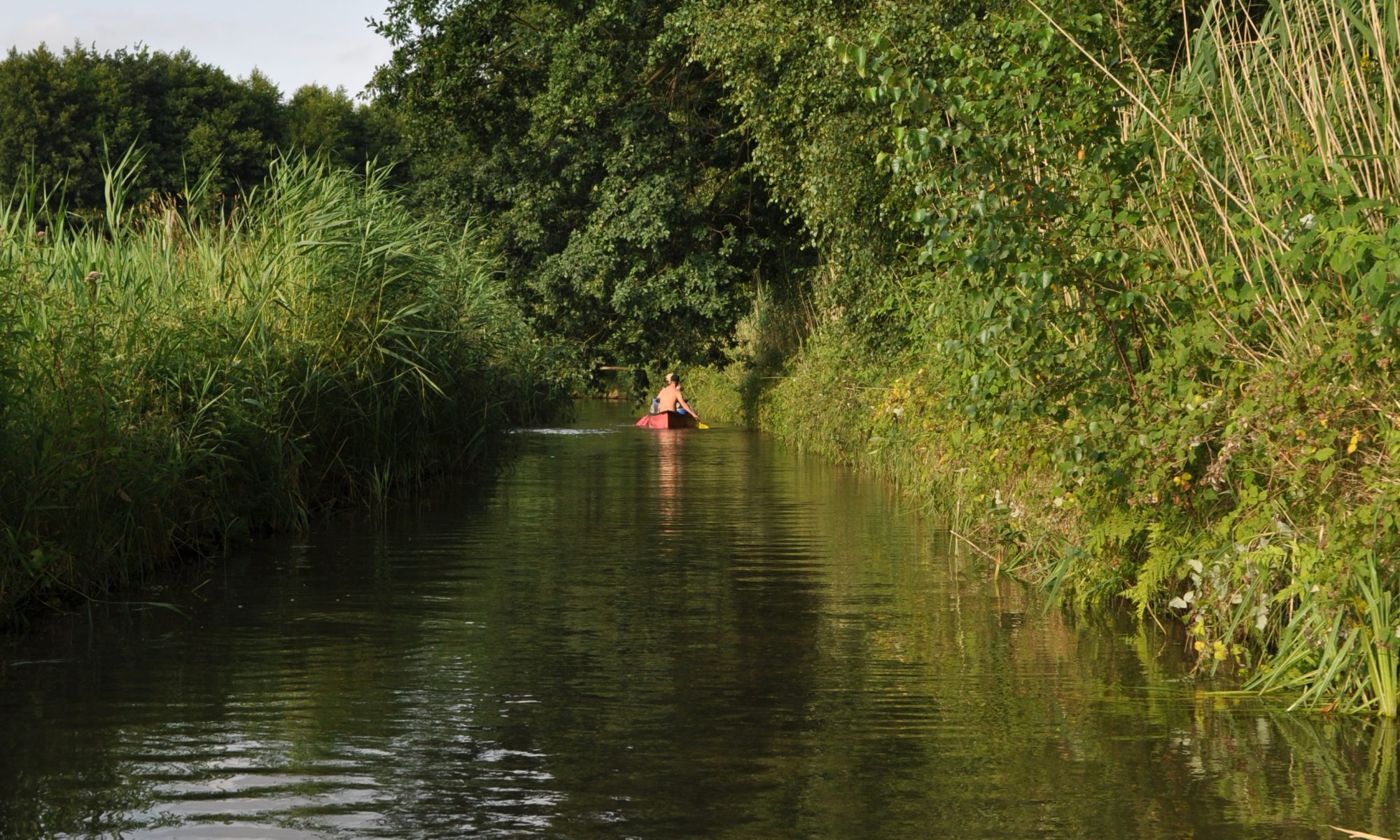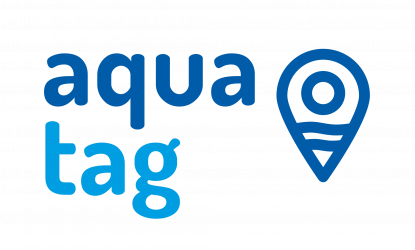Many recreational fisheries are spatially structured, where regionally mobile anglers link a set of spatially segregated lakes, ponds and rivers in freshwater landscape. Understanding the dynamics and outcomes of management interventions at landscape scales demand the construction of social-ecological models that encompass spatial variation in fish productivity and angler responses to local management initiatives. We present the construction of a freshwater social-ecological model of a regionally mobile pool of anglers exploiting a set of pike (Esox lucius) populations striving in 121 lakes. We use this model to test the performance of a range of harvest management policies that are either unresponsive to local ecological states or adaptive depending on resource status. We show that adaptive harvest policies outperform one-size-fits all policies in both social and ecological dimensions. We further show that local closures (i.e., input controls) are unnecessary and do not help social and conservation objectives for fishes as long as managers adaptively strengthen output regulations in response to local resource states. Finally, we show that a stratified assessment scheme that periodically samples a set of lakes and uses the information of these lakes to inform policy adaptation in unassessed fisheries can produce reasonably good outcomes. Hence, implementing active management of recreational fishing harvest using simple harvest regulation prototypes is feasible and can strongly improve outcomes compared to current practice.

